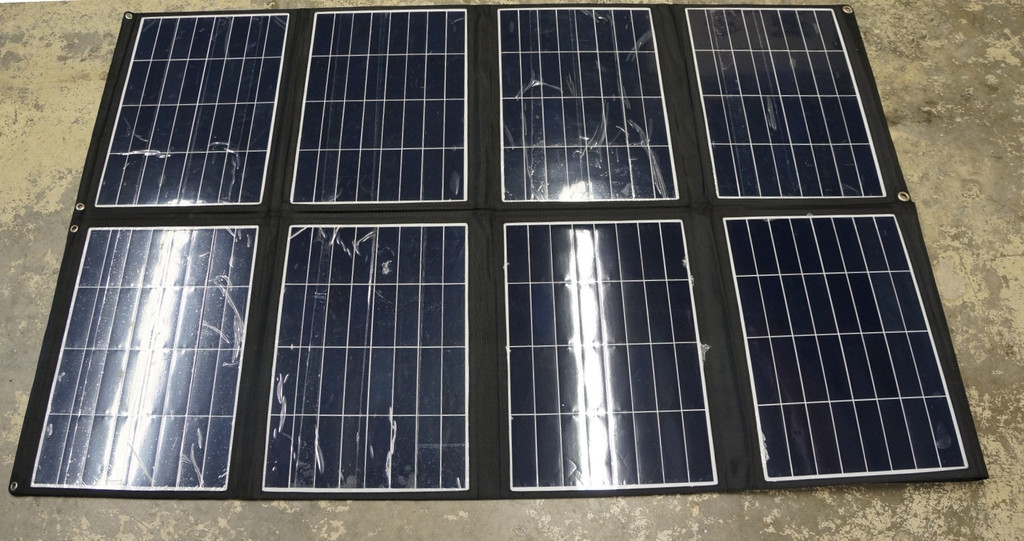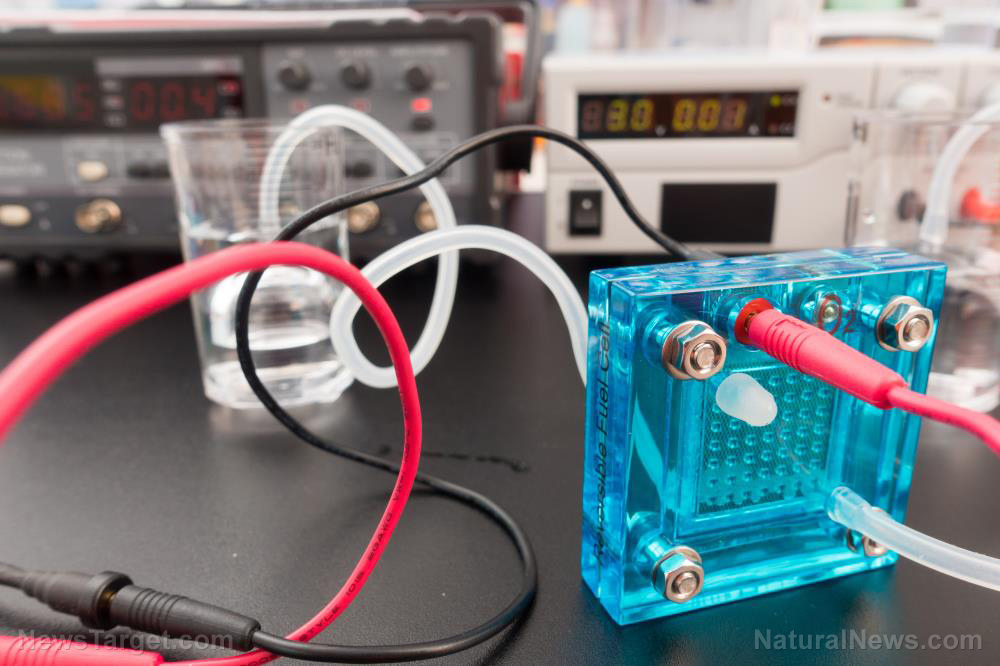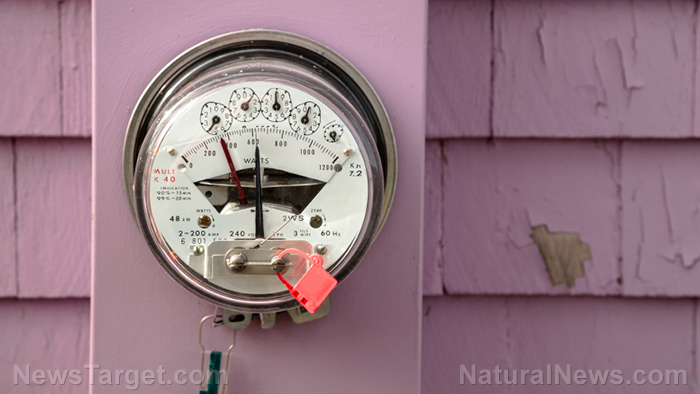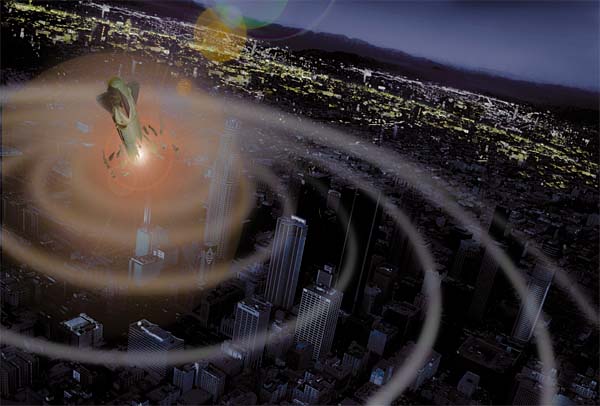Surviving EMP threats: The prepper’s guide to modern EMP protection
07/02/2019 / By Melissa Smith
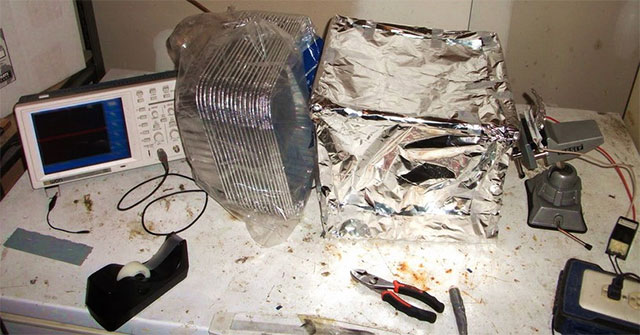
The threat of an EMP (electromagnetic pulse) attack is always looming, which is why having an EMP protection plan is important. Electronics would be damaged by an EMP in two ways: direct EMP radiation from E1 and E2 pulses and voltage surge from an E3 pulse.
E1 and E2 pulses would send massive amounts of electrical energy into the atmosphere, where it would be attracted to anything metal. This would then enter electronics and burn out their circuitry. Wireless devices are less likely to be damaged because wires could act as an antenna and capture that electric energy.
The third pulse, E3, would affect the electromagnetic field of the earth, which would cause a massive voltage surge in power lines. Any plugged electronic device would receive this surge, blowing through any surge protectors you might have and overloading the device’s electronics. Fortunately, there are ways to protect your devices from an EMP attack. Here are some of them:
- EMP protective phone case – Some companies are now producing EMP protective phone cases. These cases are a portable Faraday cage that could shield your device against electromagnetic waves, including electricity. The downside is that they could cut down your signal because of the shielding. You may miss some calls, especially if you don’t have a strong signal. This is why it is important to use one that fits your phone well to avoid covering too much of your antenna.
- EMP computer cases – Buying an EMP protective cover for your laptop would be advantageous. It’s worth noting that these cases would only protect your laptop if it is closed and not in use. Otherwise, it’s useless.
- Bluetooth – Bluetooth devices don’t have electrical connections attached to them that bring the E1 and E2 pulses. For this reason, they are naturally protected from EMP. They also won’t receive the voltage surge caused by the E3. If they are plugged in to recharge, the E3 pulse would not reach the Bluetooth device as it would destroy the charger first.
- Solar panels – Solar panels are naturally resistant to EMP, because they are designed with a buffer to account for inefficiencies and overcast days. The EMP would only cause minor damage to them, reducing their output by five percent. However, you might have a problem with using the power coming from the solar panels. The power from solar panels normally flows through a solar charge controller, then on to charge a battery back up system. Then, the power could be drawn out of the batteries directly or run through a voltage inverter. However, the solar charge controller and voltage inverter would be destroyed by the EMP. It’s good to have a spare solar charge controller and voltage inverter or store them in a Faraday case. If you don’t have a Faraday case, keep them in any metal enclosure, such as a metal toolbox or the trunk of your car.
Why should you protect your electronics from EMP?
There are two main reasons why you should protect your devices from EMP. For one, having the ability to communicate through radio and generate power would be useful and would give you a huge tactical advantage to survive in a powerless world. Second, you could store massive amounts of information in digital format. (Related: Are you prepared for an EMP attack? Stock up on these items that will continue to work after one.)
Read up on other articles with tips on how to protect your gear from an EMP attack at EMP.news.
Sources include:
Tagged Under: bug out, Collapse, devices, electrical grid, electronics, EMP, EMP attack, gadgets, Gear, grid down, how to, off grid, power grid, preparedness, prepper, prepping, SHTF, solar flare, survival, survivalist
RECENT NEWS & ARTICLES
PowerGrid.News is a fact-based public education website published by Power Grid News Features, LLC.
All content copyright © 2018 by Power Grid News Features, LLC.
Contact Us with Tips or Corrections
All trademarks, registered trademarks and servicemarks mentioned on this site are the property of their respective owners.


